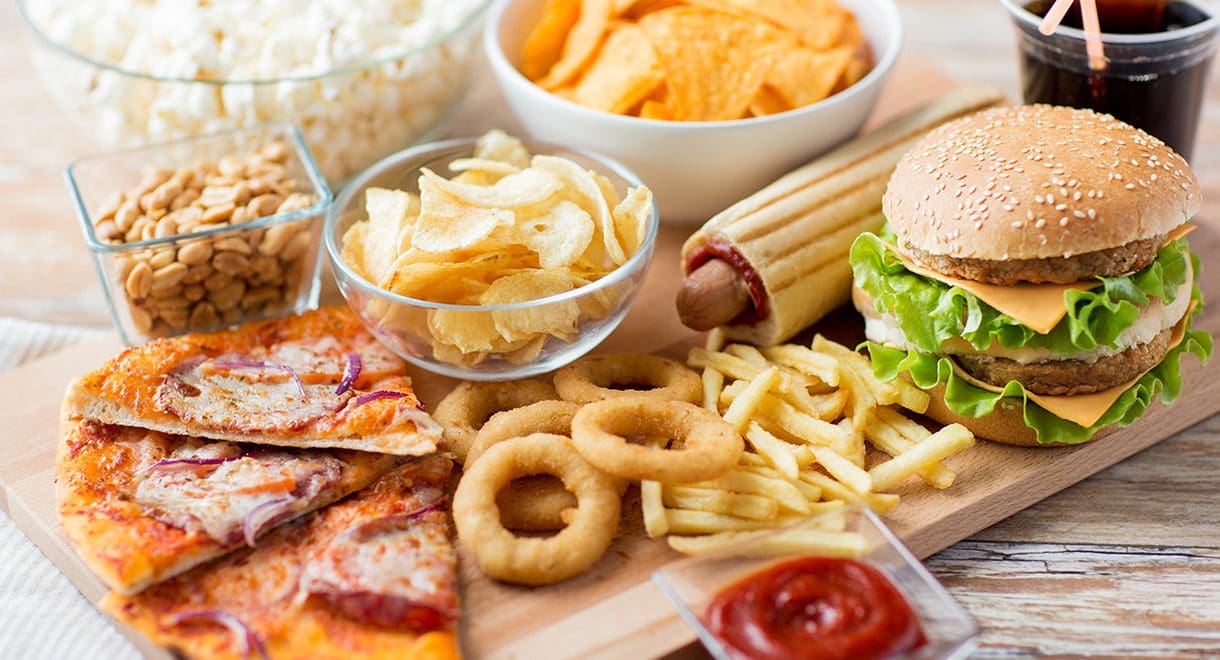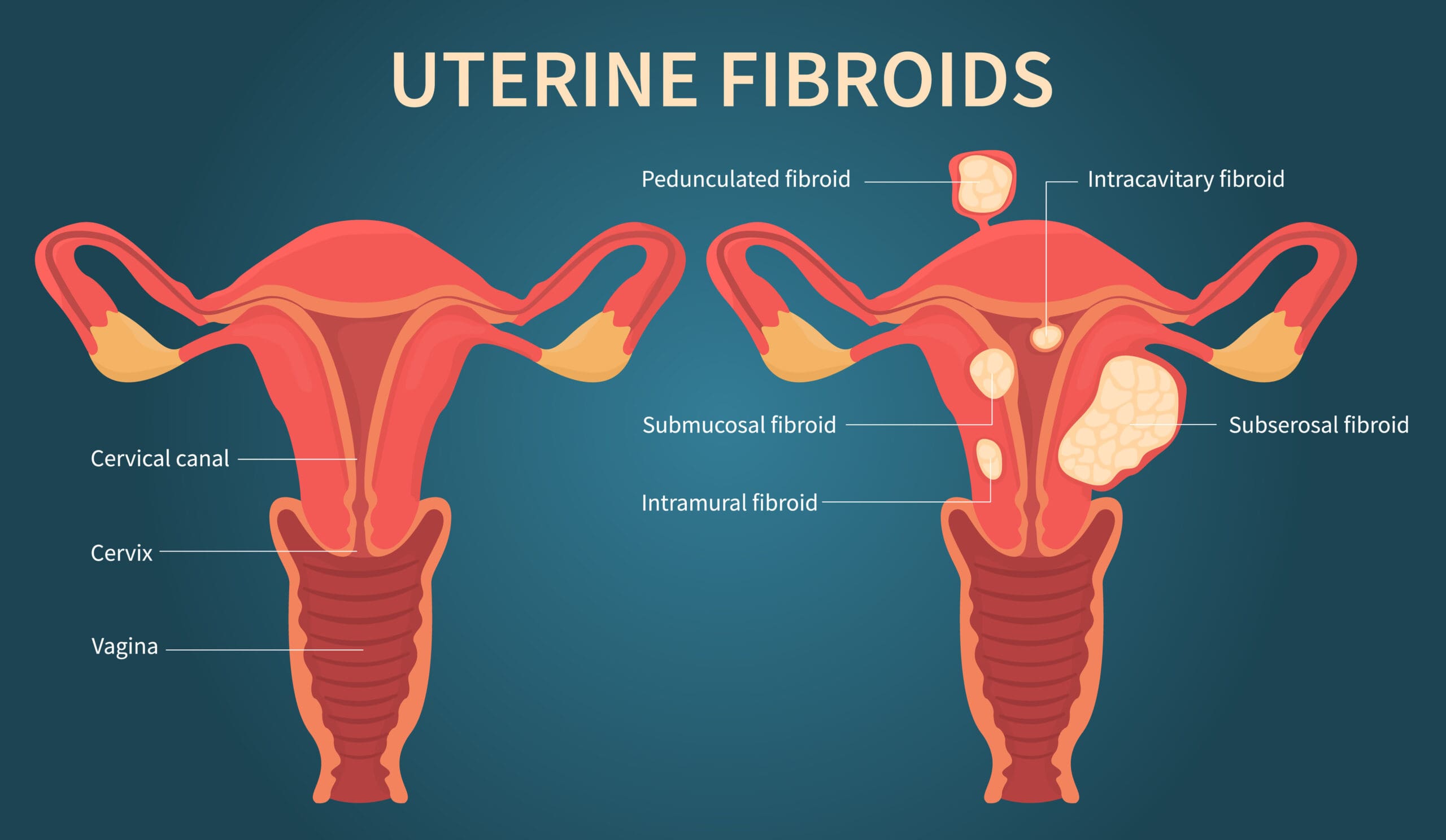Keeping your immune system strong
A strong and healthy immune system is the foundation of good health and is especially important for the very young and the very old. Because a child’s immune system is still developing, it is not unusual for them to develop frequent colds, respiratory and gastrointestinal infections. Daily contact with many other children increases the likelihood of this. However, if your child has too frequent or prolonged infections, it probably means their immune system is weak and needs some help. As we age we become more prone to immune system dysfunction which can result in increased infections and inflammation.


What can weaken the immune system?
A poor, nutrient deficient diet is the biggest reason why weakness in the immune system may develop. Young people growing up today have a vastly different diet to that of their parents and grandparents when they were children. Fast food, soft drinks, and sugar laden snack foods have become a daily part of many children’s lives. Food that comes in brightly coloured packets filled with artificial colours, flavours and preservatives, has taken dominance over basic fresh foods like vegetables, fruit, fish and meat.
In 2016 researchers at the University of Adelaide found that Australian children obtain nearly half of their daily energy intake from discretionary foods. These are foods that people refer to as junk foods; those high in fat, salt, sugar and artificial additives.
Vegetables and fruit are an excellent source of the vitamins, minerals and antioxidants we need to keep our immune system strong and without them, health problems will inevitably surface. One of the greatest problems with modern day diets in children is that they are so high in sugar. Excess sugar directly suppresses the immune system and creates an environment where bacteria can thrive, making infections more likely.
A lack of essential fatty acids in the diet is another major problem. The omega 3 fats EPA and DHA are mostly found in seafood, grass fed meat, flax seeds, walnuts and chia seeds. Many children never eat fish, or if they do, it is the battered and fried type in which the essential fatty acids have been destroyed.
Many older people living alone do not cook, or may have dental problems which make it hard to chew whole unprocessed foods. Many live on diets of toast and tea or convenience meals cooked in a microwave oven. Heating food or microwaving food destroys vitamin C. The overuse of antibiotic drugs can weaken the immune system by disturbing the gut flora and breeding antibiotic resistant bacteria and fungi such as candida. Low selenium soil levels mean food is often not a good source of this important mineral. Selenium has anti-inflammatory effects and helps support a healthy immune system.
Dietary guidelines for a strong immune system
- Set a good example for your children by having a healthy diet yourself. Children learn by example; they are more likely to do as you do, rather than as you say. Include plenty of vegetables in your child’s diet prepared in various ways to keep them interesting. Salads can be served with a healthy dressing; vegetables can be cooked in stews with chicken or meat, and raw vegetable sticks can be served with hummus as a snack.
- Offer healthy snacks such as fruit salad, rice or corn crackers spread with hummus, tahini and honey, avocado or natural almond butter (avoid if allergic to nuts). Raw vegetable juices are a tasty and convenient way to get extra antioxidants into your diet. You will need to make your own juices with the use of a juice extractor. Carrot, celery, apple, orange, lime, lemon, beetroot, mint, parsley, ginger and leafy vegetables can form the base of the juice. You will find many tasty juice combinations to try in my book Raw Juices Can Save Your Life.
- Omega 3 essential fatty acids are vital for brain and eye health, and may help to prevent inflammatory conditions like asthma and eczema. Fish is the best source of these fats so try to make it a regular part of your diet. Fish can be baked in the oven with fresh herbs and a squeeze of lemon juice. Canned salmon and sardines are good sources of omega 3 fatty acids and are lower in mercury than many other species of fish. Other sources of omega 3 fats include ground flax seeds, chia seeds, walnuts, omega 3 eggs and green leafy vegetables, but none of them provide the same quantity as fish.
- Immune boosting smoothies are usually popular and healthy for children or people with poor digestion – try some canned coconut milk, almond milk or rice milk, berries (fresh or frozen), mango, passionfruit, a small amount of organic coconut oil, avocado and banana.


Tests for immune system and nutrition status
If you feel that your immune system is not in optimal health, I recommend you ask your doctor for the following tests:
- Full blood count
- Inflammatory markers such as CRP and ESR
- Vitamin D level
- Urinary iodine level
- Liver function
- Protein and immunoglobulin levels
- Serum iron studies










Leave A Comment